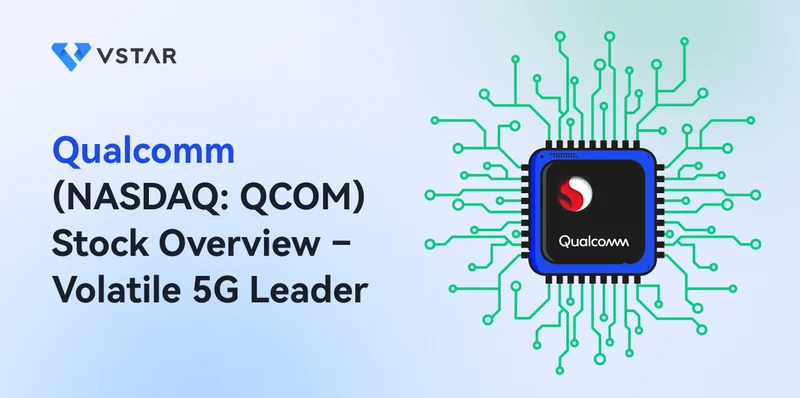Accenture's 'Physical AI Orchestrator': Breaking Down the Buzzwords and Corporate Hype
So, Accenture and NVIDIA just dropped their latest masterpiece of corporate synergy, the "Physical AI Orchestrator." Let that name roll around in your mouth for a second. It sounds less like a piece of software and more like a villain from a bad sci-fi movie, doesn't it? I can just picture the scene at the NVIDIA GTC event in D.C.—a darkened room, a massive screen glowing with photorealistic 3D models of a factory, and some suit from Accenture using the word "reinvention" for the fifth time in two minutes.
This isn't just another product launch. No, 'product launch' is too clean—this is a full-blown marketing assault on the C-suites of every manufacturing company with more money than sense. They're selling the dream of a "software-defined facility," a place where a digital ghost of your factory runs perfect simulations, and AI "agents" tell the real-world robots what to do. It’s a beautiful, sterile vision. And I’m deeply, profoundly suspicious of it.
The Digital Twin Gets an AI Brain... Or Does It?
Let's get one thing straight. The idea of a "digital twin" ain't new. Companies have been making virtual models of their equipment and processes for years. What Accenture and NVIDIA are pushing here is a digital twin on steroids, jacked up with their proprietary AI and plugged into the Omniverse. They claim it’s a "live" mirror of the physical world, constantly updating and learning.
One Accenture exec, Prasad Satyavolu, had the gall to call it "a brain for a physical space."
Give me a break.
Calling this a "brain" is the kind of marketing fluff that makes my teeth ache. It's a predictive modeling engine. A phenomenally complex and powerful one, sure, but it’s not thinking. It’s running calculations based on inputs. It’s a weather forecast for a conveyor belt. This is like calling your GPS a "sentient co-pilot who intuits your destination." It’s a lie we tell ourselves to make the technology feel more magical than it really is.

And what happens when this "brain" gets it wrong? When the simulation, based on physics that are almost perfect, misses a variable? When an AI agent, trained on past data, issues an instruction that creates a novel, unforeseen screw-up on the factory floor? We're talking about connecting a hyper-complex simulation directly to heavy, dangerous machinery. What could possibly go wrong?
Solving Problems We Already Solved
The press release trots out a few early adopters to prove this thing is already changing the world. And honestly, the examples are a perfect mix of intriguing and infuriatingly vague.
First, there’s Belden, using the Orchestrator to create a "virtual safety fence" around robots. If a human steps into the zone, the robots stop. That sounds... fine. It sounds useful, even. But we've had light curtains, pressure mats, and physical cages doing this exact job for decades. Is this a multi-million dollar, cloud-connected, AI-powered sledgehammer to crack a nut we already opened with a simple laser beam? The release boasts about "centimeter-level fidelity," but do you really need that to know a person is standing where they shouldn't be?
Then we get the anonymous case studies. "A life sciences company" can now validate vaccine production faster. "A consumer goods manufacturer" boosted warehouse throughput by 20% and saved 15% in capital expenditure. These numbers are always so clean, so perfect. A 20% improvement is massive. Was the warehouse just a complete disaster before Accenture showed up? Or are these figures polished to a mirror shine for the press release? Offcourse they are. We never get the messy details, the implementation headaches, the subscription costs.
This is the classic consultant's gambit. They don't sell you a product; they sell you a "solution." They sell you complexity, wrapped in AI buzzwords, and promise it will simplify everything. It’s a paradox that keeps their coffers full. They're not just selling software; they're selling the dream that you can finally fire all the experienced engineers who used to solve these problems with intuition and trial-and-error, and replace them with a dashboard. And maybe that's the real goal here...
So, It's a Sales Pitch Dressed Up as a Revolution
Look, I'm not saying this technology is useless. For a handful of mega-corporations—your Boeings, your Pfizers, your Amazons—a hyper-accurate, AI-driven factory simulation is probably worth the colossal price tag. They operate at a scale where a 2% efficiency gain translates into billions of dollars.
But for everyone else? This feels like another impossibly complex, insanely expensive system designed to lock you into a single ecosystem. Accenture gets the consulting fees, NVIDIA sells the high-margin hardware and software licenses. The real "orchestration" happening here is the careful orchestration of client budgets into their own pockets. It's a brilliant business model, but let's not pretend it's some noble quest to bring about the next industrial revolution. It’s just business, as cynical and slick as ever.
Related Articles
The Future of Work: Navigating Remote Jobs, AI, and Finding Your Next Opportunity
Of course. Here is the feature article, written from the persona of Dr. Aris Thorne. * Sam Altman Is...
What 'PP' Actually Means: The Internet Slang vs. The Real-World Definitions
So, you want to know what PP is? It’s polypropylene. It’s that cloudy plastic container holding last...
Qualcomm's AI Future: What the Stock Surge Really Means for Our Tech Future
Beyond the Banner: Why the Humble Cookie Is the Blueprint for Our Digital Future We’ve all been ther...
DWP Power Outage: What Happened and Customer Reactions
Okay, folks, let's talk about something that didn't happen, or rather, happened so fast it barely re...
Sporting CP's €225M Bond Sale: Why It's a Massive Red Flag
Generated Title: The Sporting CP Void: When the Content Machine Asks for Blood from a Stone So, the...
Alex Karp Defends Open Border Crackdown: What's He Really Selling?
Okay, so Palantir's CEO, Alex Karp, is out here defending "tough border controls." Says it's to prot...





